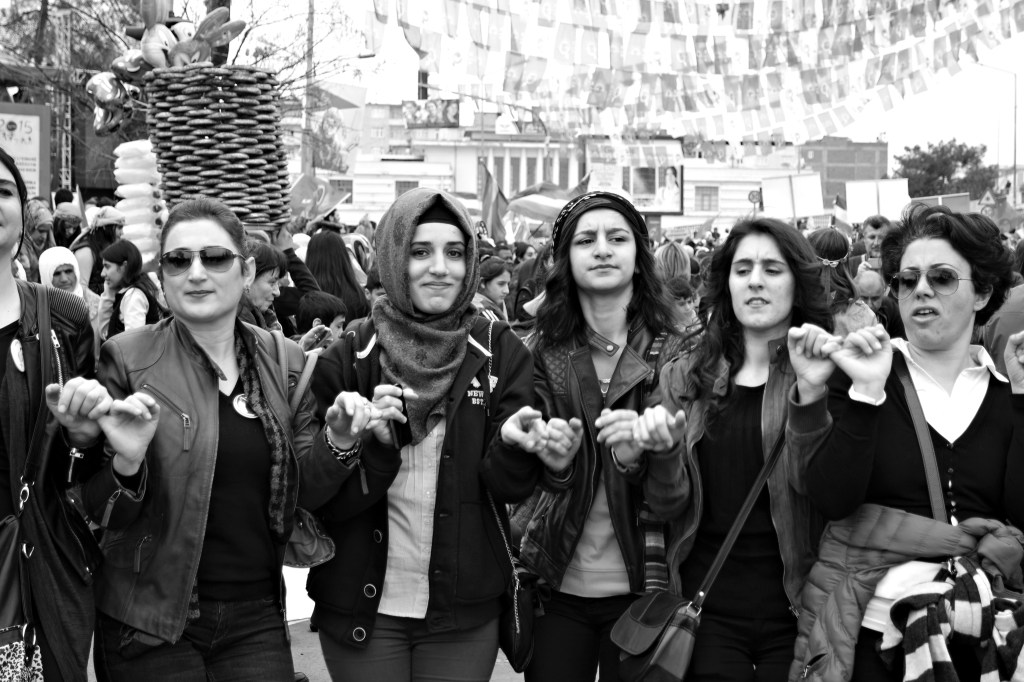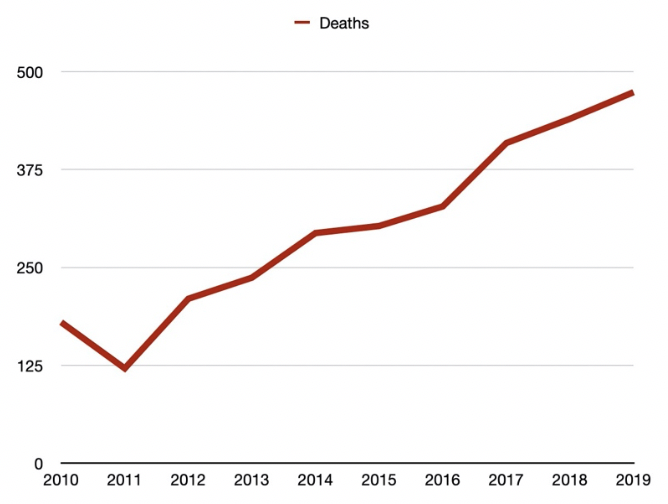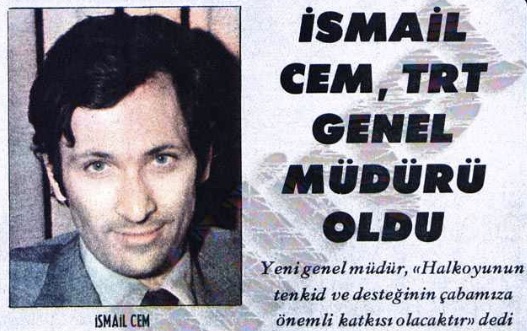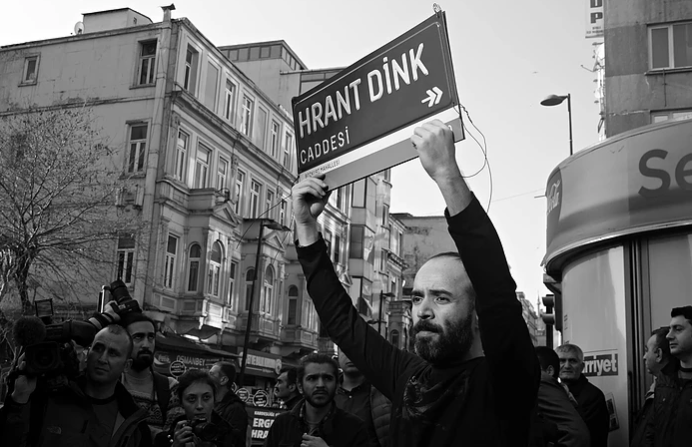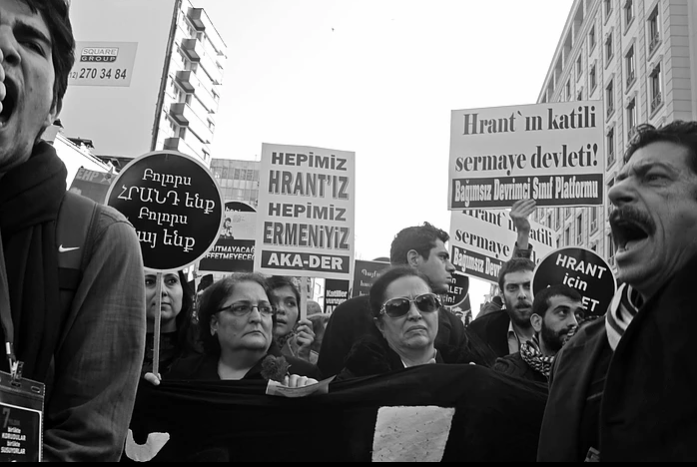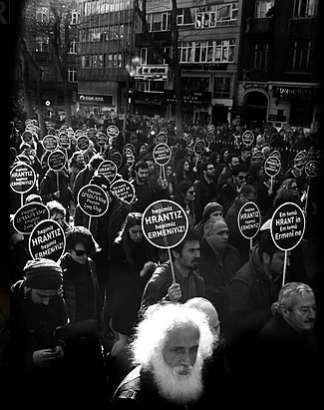
After an unfair electoral cycle, Turkey’s incumbent Recep Tayyip Erdoğan secured another term as the president of Turkey. How can we make sense of Erdoğan’s victory considering deteriorating economic conditions, increasing authoritarianism, and the mismanagement of the humanitarian response after the devastating earthquakes? What does the future hold for Turkey ? Some of my comments appeared in the news section on City, University of London’s website to answer this question. Here are some detailed comments below.
The Opposition Faced Repression and a Smear Campaign
Since the failed coup attempt in 2016, repression against the political opposition has steadily increased in Turkey. Therefore, it is not a surprise to hear opposition leader Kılıçdaroğlu labelling the contest as the “most unfair election in recent years”, arguing that all the means of the state were mobilised for the ruling party. Apart from establishing control over key institutions, Erdoğan and his party systematically used fabricated videos and slanders to frame the opposition as an advocate of terrorism. Many members of the pro-Kurdish opposition party HDP, including the former co-leader Selahattin Demirtaş have been imprisoned since 2016. Another charismatic figure, Istanbul’s mayor Ekrem Imamoğlu from the Republican People’s Party was handed a jail sentence and a political ban months before the elections. By eliminating powerful opponents, the incumbent could shape the political terrain of the contest.
There Were Voting Irregularities and Media Bias
Apart from the repression, the election was marked by voting irregularities and media bias. According to the Reporters Without Borders index, Turkey is among the worst twenty countries in the World for press freedom. While critical journalists face multiple barriers, including attacks and arrests, the government has almost total control over state and mainstream private media. Also, many reports of illegal voting and observer intimidation occurred on election day. There were reports of opposition members being beaten and threatened during election monitoring. Yet, followers criticised the inability of opposition parties to address voting irregularities with an assertive voice.
The Ruling Block Obtained a Parliamentary Majority by Enlarging its Coalition
Forming electoral alliances was more beneficial for the incumbent, as it provided its parliamentary majority. Even though the AKP’s vote decreased from around 42 per cent to 35, the party was able to gain a majority by forming a solid alliance (referred to as the People’s Alliance) with the Nationalist Movement Party and two Islamist parties, New Welfare Party and the Free Cause Party. The opposition coalition could not substantively increase its vote as the newly formed parties that joined the bloc by former senior figures of the AKP, Ali Babacan and Ahmet Davutoğlu performed below expectations. Furthermore, during the election process, parties of the opposition also seemed less united than the ruling block. This was most visible during the right-wing Good Party leader Meral Akşener’s contestation of Kilicdaroglu’s candidacy about two months before the election.
The Incumbent Deepened Polarisation and Used Foreign Policy to Claim Competence
The electoral race was marked by increased polarisation and counter-framing, which expanded beyond Turkey’s borders. The dynamics of international politics have impacted the election results as it became a sphere where the AKP could claim competence and success. In a recent PSA Blog post, I reviewed that during their election campaign, the AKP, apart from their populist framing of the opposition as “foreign threats”, praised repeatedly that they could negotiate with both sides in the Russia-Ukraine war and make concrete progress such as the grain corridor initiative and prisoner exchange. While the AKP presented itself as a competent international actor, the political parties that make up the Nation Alliance and Kılıçdaorğlu focused more on domestic issues like Turkey’s economic collapse, democratic backsliding, and justice. The AKP elites were able to frame themselves as peacemakers and have used it to enhance their legitimacy domestically and internationally.
The Road Ahead
The race was profoundly unfair and unbenignant. Turkey’s pressing issue is addressing the coming economic problems as the lira plummeted to a record low yesterday. Apart from concerns about economic collapse, civil society groups and opposition parties argue that another term will worsen human rights abuses, the rule of law, LGBT+ and women’s rights. In his “victory speech,” Erdogan labelled the opposition as “LGBT lovers” and contrasted his position by underlining the importance of “family values.” It is visible that increasing polarisation will be the incumbent’s primary strategy against the political opposition.
In foreign policy, it can be argued that the AKP will maintain its strategic relationship with the West while preserving solid ties with Russia. However, Western leaders were quick to congratulate Erdogan, visible in the German Chancellor’s message stating that he wants them to advance a “common agenda with a fresh impetus!” The opposition forces were upset with the EU’s response to Erdogan’s re-election and underlined that they need to do more to voice rights violations in Turkey.
It is important to note that AKP’s populism at home is shaped by its global contestatory frames contributing to a boundary between us and them. Especially the construction of the other has been vital in justifying the securitisation of the political opposition since the failed coup attempt in Turkey. With another term with Erdogan, Turkey’s assertive and populist policy at home and internationally will further deepen.






